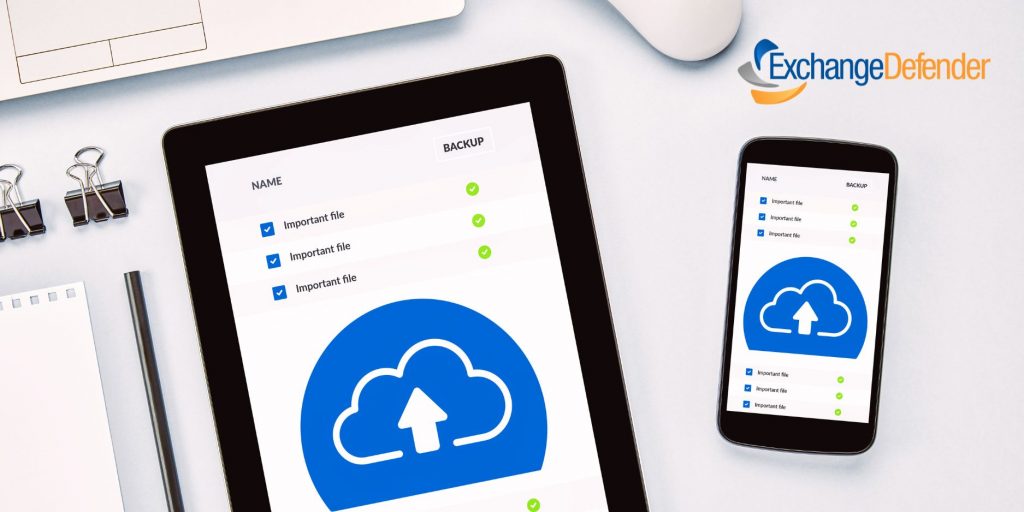Announcing LiveArchive.Next

We’re excited to introduce you to our next version of LiveArchive: a long-term email archiving and backup solution that you can take with you. With the new LiveArchive we had to solve some unique challenges our clients face in 2023 and beyond:
1. We don’t have any room in our IT budget (and need to save $)
2. If we get compromised our backups will get crypto locked too
3. We have to protect and backup our email for years
We heard you loud and clear and the LiveArchive.next was designed from the ground up to give you the peace of mind that you’ll have access to your critical data even if Microsoft wipes your account, even if you get crypto locked out of your network, even if we go out of business, and yes it can also do it for you nearly free of charge.
Choice of Storage
LiveArchive.next uses object-based storage backend that is widely used and available for free with full source code. You don’t have to worry about the product getting discontinued or the company going out of business and most modern IT workers will have experience/certification for it. ExchangeDefender provides documentation on how to set a service up with Amazon Web Services using the S3 object storage if you want to keep your backups in the cloud. We also provide docker documentation for those who want to keep the backups on their own Synology NAS or as affordable as a Raspberry Pi.
There is no “one size fits all” when it comes to how you protect your backups and the point is to have flexibility that will fit your needs. LiveArchive.next will accommodate you no matter where you point it. Some organizations may rely on LiveArchive in the cloud to reduce complexity while others will point LiveArchive to their office NAS where they can save years of mailboxes and terabytes of data on an appliance/drives that can be taken offsite like old-timey tape backups you heard about in in IT history class.
Choice of Database Options
LiveArchive.next can optionally store your message metadata in an SQL database. While this is an optional part that isn’t required for backups to work, it does make LiveArchive very user-friendly. Without the database, all your messages will still be backed up and you will still be able to retrieve them directly from the S3 object storage bucket through a friendly web user interface or S3 client.
With Amazon RDS or MySQL configured, ExchangeDefender will also send message metadata to your database: sender email address, recipient email address, subject, date, etc. This information is used by our LiveArchive Web UI service to show users the friendly webmail interface you’ve become accustomed to.
This feature is optional but highly recommended by ExchangeDefender and you’ll appreciate it immensely the first time you’re sent on a quest to retrieve an email from 4 years ago.
Choose to be Live
Most backups are still performed as a scheduled task / job and only run periodically. When there is an issue the alert may or may not be sent to your IT staff and responsible IT providers have staff that frequently manually checks and verifies backups.
ExchangeDefender LiveArchive is live, meaning that a message that was received in your Outlook will be received in your LiveArchive archive in seconds instead of hours or days. There are no jobs or backup tasks to monitor or review – and we’ll notify you the second we identify a problem.
When you enable database services your users will be able to access their LiveArchive in realtime as well, so for those of you trying to save $ on IT this will help you to diversify some of the monitoring and risk away.
Additionally, everything being live means that our service will backup and archive email the moment it arrives so there is no job to set up, no new mailboxes or services to enroll. If the mail is hitting a mailbox in your organization you can expect it to automatically show up in LiveArchive in seconds.
To find out more about the next LiveArchive please join us for an informative webinar on November 8th, 2023. Take the moment to sign up for the ExchangeDefender LiveArchive Migration Service if you’d like us to port your existing LiveArchive data to your next LiveArchive. Check out all the documentation we’re putting out there and get in touch with us early because this service is in heavy demand and December quickly books up with EOY projects.
We look forward to helping you expand and improve your email protection in 2024 and beyond!
